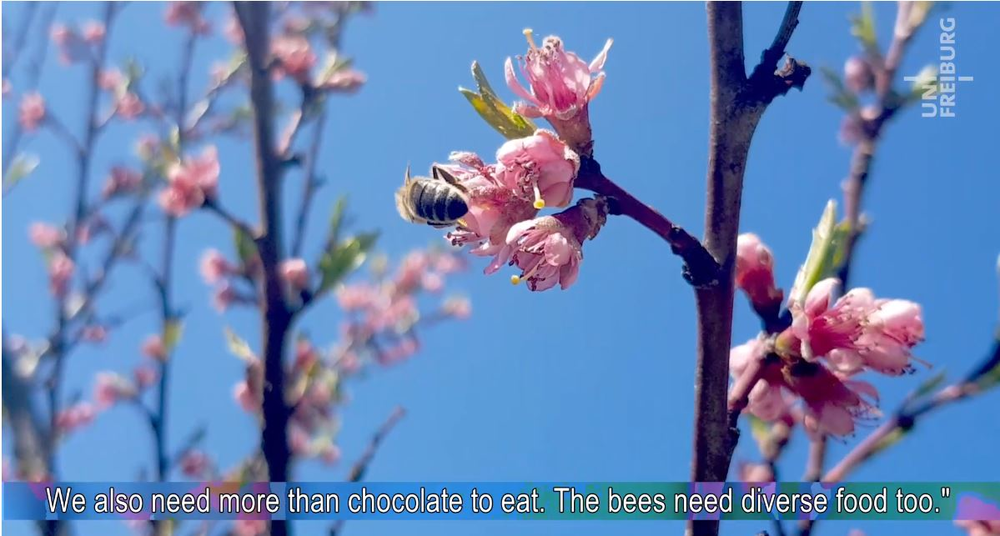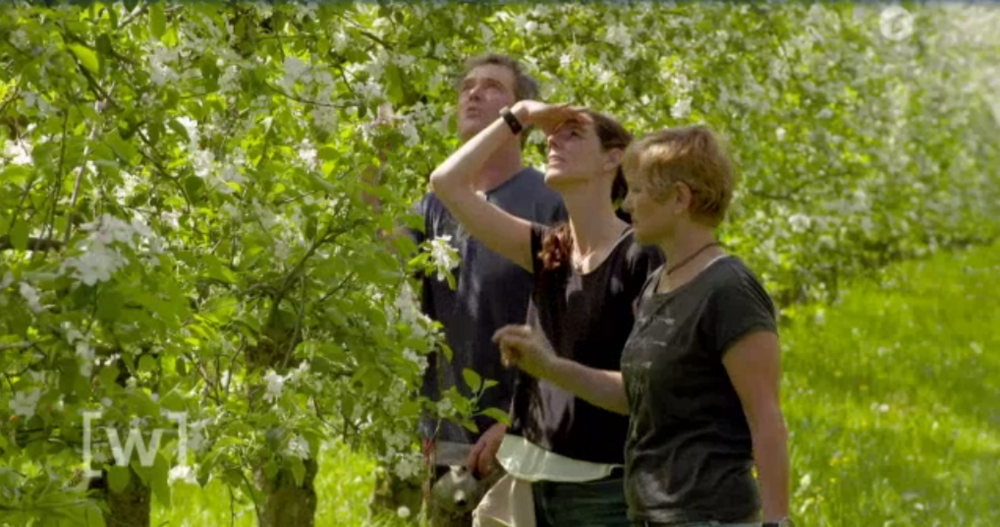pan-european assessment, monitoring, and mitigation of stressors on the health of bees
Video
+PoshBee training videos
Monitor peptide changes in honey bee bodies with MALDI mass spectrometry imaging [PoshBee training]
Bottom-Up Mass Spectrometry-Based Proteomics workflow for bee haemolymph analysis [PoshBee training]
Analysis of haemolymph with MALDI BeeType spotting [PoshBee training]
Pesticide risk assessment experiments on wild bee species [PoshBee training]
Effects of agrochemical-nutrition interactions on bee health in the laboratory [PoshBee training]
Analysis of haemolymph with MALDI BeeTyping ® [PoshBee training]
Nectar Extraction from Bees [PoshBee training]
Methods to assess the health status of the solitary bee Osmia bicornis [PoshBee training]
Nectar Pesticide Analysis [PoshBee training]
Pathogen analysis [PoshBee training]
The PoshBee database [PoshBee training]
Analysis of haemolymph with MALDI BeeType spotting [PoshBee training]
Specialised Equipment for Honeybee Studies [PoshBee training]
PoshBee laboratory experiments on pesticide exposure and pollen diet effects on bees [PoshBee training]
Sampling honey bee hives in Cork, Ireland [PoshBee training]
Testing effects of pesticide exposure to bees and bee larvae [PoshBee training]
Wild Bees Fly for Research: A semi-field experiment by Agroscope [PoshBee training]
Wildbienen fliegen für die Forschung [PoshBee training]
+PoshBee overview videos
PoshBee 2022 highlights
PoshBee field and semi-field experiments: University of Freiburg
The PoshBee Project: Highlights for 2020
Field work adventures with PoshBee
PoshBee research with Mark Brown

